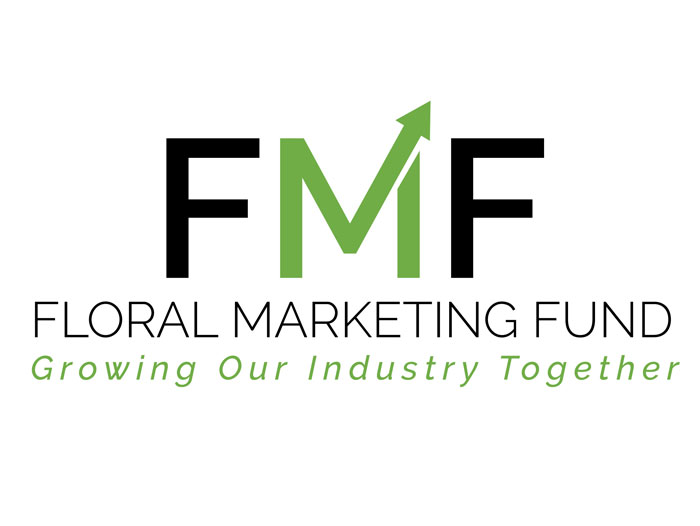New Consumer Research Released on Sustainable Practices in the Floral Industry
June 19, 2023 | 5 min to read

The results from a new consumer research study, “U.S. Consumer Perceptions & Willingness to Pay for Sustainable Environmental Practices in the Floral Industry,” are now released. The study was led by researchers at Mississippi State University (MSU) and the Texas State University (TSU).
This project was funded by Floral Marketing Fund (FMF), alongside co-sponsors, BloomNet®, a floral services company, serving more than 5000 local florists across the country, and Syndicate Sales, a leading manufacturer/supplier of floral hardgoods for retail florists.

The primary purpose of the study is to gain an understanding of consumer perceptions as they relate to retail floral providers’ sustainable and environmentally friendly practices.
Key findings include insights into consumers’ willingness to make purchases and pay additional costs for flowers from retailers practicing sustainability within their businesses. The data also shows where and how often consumers are marking floral purchases, with a majority purchasing flowers three to four times a year (35.0%) to once or twice a year (22.1%) in person (65.3%).
Focuses within the data include locally sourced flowers, organic, fair-trade, composting, multi-use materials, and more. Discoveries include trigger phrases like “locally sourced” to be impactful when consumers make purchasing decisions. Retailers will be able to use these findings to better promote their sustainable practices to consumers in ways that the consumers want to see.

Consumers are keeping sustainability in mind, and 50% or more of the participants indicated a willingness to pay 10% or more for all of the sustainable attributes presented in the study. The participants were asked to rank the list of environmental attributes from most important to least important, showing which sustainable practices matter the most to each consumer group.
Additionally, the final report includes findings explored by age, education, income, gender, and ethnicity to give more detailed insights for retailers to use when considering their target customer base.
The study collected data through an online survey providing a sample of over 2,000 responses that align closely with that of the overall demographics of the US. All three of the co-sponsors and additional industry leaders provided input on the survey questions and layout through a collaborative effort to ensure the most meaningful results for the industry. The survey instrument consisted of 31 questions within four different sections and was assembled using past surveys which explored consumers’ preferences and purchasing habits for floral products and views toward environmental certifications and awards.
These results and consumer data will aid in helping thousands of floral providers make decisions regarding how to structure their businesses to become more environmentally friendly in ways that consumers most care about.
To read the full final report, click here.
Upcoming Webinar with Key Findings – July 10th at 1:00pm Eastern
The key findings will be presented to the industry by the lead researcher on the project, Dr. Coleman Etheredge at Mississippi State University on July 10th at 1:00pm Eastern. Following the presentation, there will be ample time for Q&A directly with the researcher. Register here!
In addition to the final report and key findings webinars, BloomNet, Syndicate Sales, and the Floral Marketing Fund will break down the data and present it to the industry through a series of articles, industry presentations, and social media. They will also collaborate to develop video-based, online courses designed to train floral providers on best sustainability practices.
The FMF thanks the co-sponsors and the researchers for making this impactful study possible. Please take a moment to view our other consumer research reports and collaborative industry efforts. Consider making a contribution to support future studies.
View All of FMF’s Research Reports & News
About the Floral Marketing Fund (FMF)
The Floral Marketing Fund (FMF) represents a community of floral industry organizations and leaders collaboratively supporting and funding floral marketing efforts, consumer research, and promoting the emotional wellness and health benefits to increase consumer consumption of flowers and plants.
The Fund utilizes funds and expertise from industry sources to provide both financial support and human capital to projects that will benefit the entire floriculture industry – connecting marketers and researchers directly with industry leaders to directly support increased flower sales.
